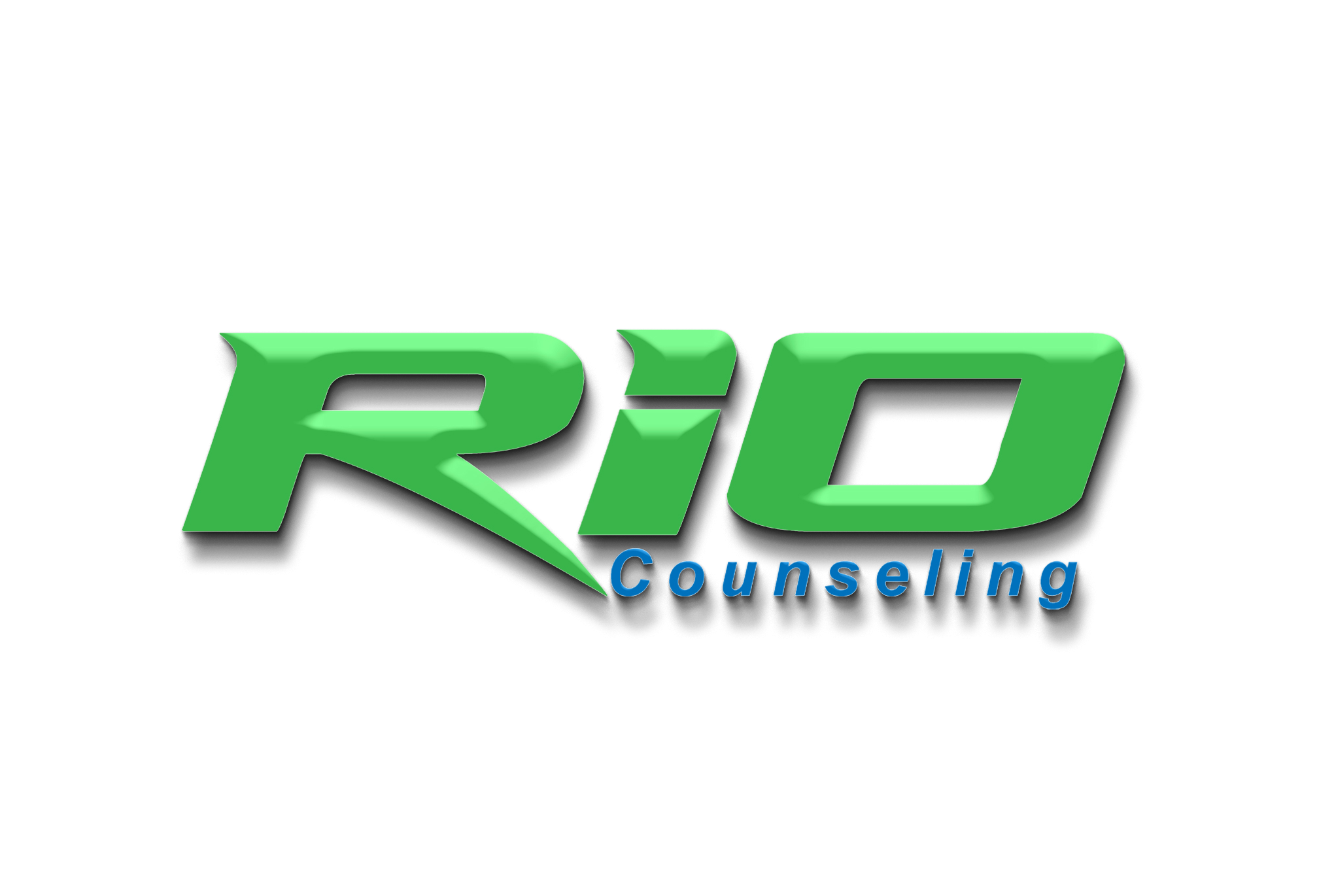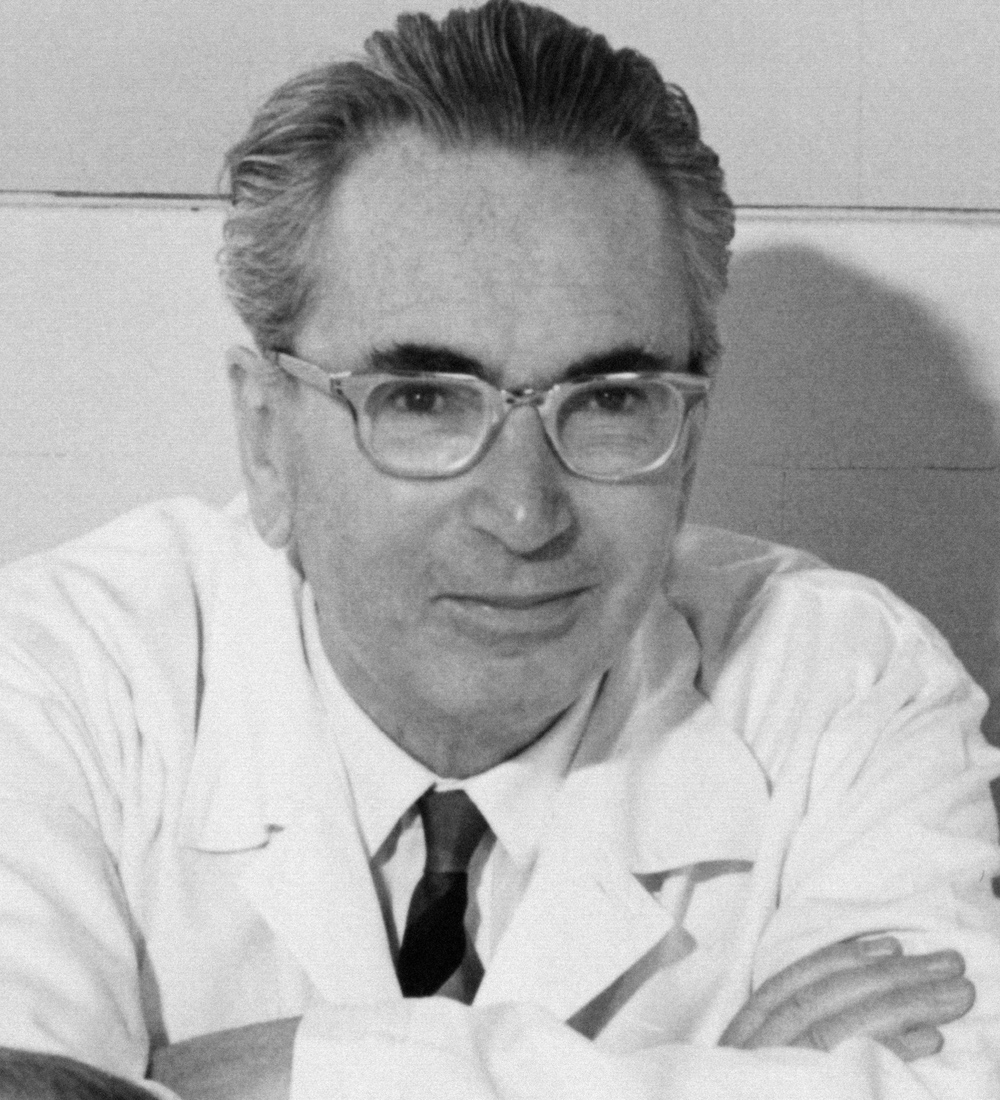I’m taking some time off from the Addicted to Incarceration series to allow for more research into part 3 on the effects of incarceration. For this week, I simply wanted to make some comments and seek feedback from others on their experiences helping clients find meaning in their lives.
The question came up after a discussion with a group of clients about the idea that our modern society has somehow “lost something”. The group all seemed to agree that in spite of our current level of prosperity, technology, information and ability to communicate, we’ve lost something at our core and society is suffering as a result.
One client remarked that instead of losing something, perhaps we’ve added too much. His idea was that we’ve got too much information, too much news, too much of everything and we’re now overwhelmed with the pressure of keeping what we have and getting more. He described his substance use as the result of an attempt to medicate the pain of an existential crisis.
I think there may be something to both ideas…that we’ve got too much and that somehow we’ve lost something at the same time. It seems most people are constantly looking for the next new thing. And after they get it, they’ll be looking for something else.
I remember reading Man’s Search for Meaning in college and questioning the scientific validity of the ideas. Considering my focus on Cognitive Behavioral Therapy and Reality Therapy, I think I tried to fit the ideas into a limited ideological framework that likely lost some of the effect. I’m afraid I may have missed something and am considering revisiting some of the ideas of Viktor Frankl and Rollo May.
In searching the internet for information on existential psychology, I realized many of the great theorists of the 20th century were as much philosopher as psychologist. I’m afraid we’ve lost some of that today and in fact, are sorely lacking in the deeper philosophy of the human condition.
We have allowed scientists to take over the domain of philosophy and they have come up with metaphysical theories that reduce us all to sub-atomic probabilities operating on cause and effect in multiple dimensions. If that’s not fuel for an existential crisis, I don’t know what is.
Of course these crises are nothing new. I am reminded of the following quote from Shakespeare on the insignificance of life.
Life’s but a walking shadow, a poor player
That struts and frets his hour upon the stage
And then is heard no more. It is a tale
Told by an idiot, full of sound and fury
Signifying nothing. — Macbeth (Act 5, Scene 5, lines 17-28)
That quote is one of the few things I remember from high school english, which probably speaks to some of the experiences with existential depression I have had to work through in life.
I remember an addict once told me his life was simple because he only had to worry about one thing. Where everyone else must balance dozens of things every week from bills to tasks at work and responsibilities at home, he only had to worry about getting high. He had given up on everything else.
I think what he was missing, and what many in society are now missing, is a spiritual satisfaction that comes from believing in something greater than self. My question is, how can we help clients find meaning in their lives without crossing the line between counseling and becoming a spiritual guide? Should there even be a line between the two?
Is there a place in counseling for spiritual advisement? How many of us feel competent to help clients with this aspect of recovery? Have we become so enamored with cognitive behavioral techniques that we’ve neglected the existential aspects of counseling? I’d love to hear from those of you in the field about your experiences and thoughts in this area.



3 thoughts on “The Search for Meaning”
Very interesting and relevant question Daniel. My view is that as therapists we have to venture in the spiritual field to some extent and with some clients. Not everyone whom we try to help is at a point in their journey where the quest for meaning is prominent and we should not force the issue if the client is not at this point at the time we see him/her. In this case we just have to remain within the strict boundaries of the profession. If the client has religious believes,we should respect them,even when they may be different from our owns, and work within the framework of these believes. When a client is clearly ready to seek meaning we should endeavor to facilitate this process without forcing it. Personally I believe that there is a common ground in all religions and that it is not so difficult to transcend the differences and work with anyone who is not pushing matters to the extreme of fanaticism. Who is in a fanatic space will not require our help in any case. I think that this common ground of all religions can be extended also to spiritual believes that are not strictly religious.When a client is in search of meaning I tend to say that there are a few essential principles common to all religions and spirituality and that they should regulate our behaviour. I add that we cannot know for sure why we are here and what will happen when we die, except for the fact that the energy that is structured in a particular state and makes us who we are will change form in whatever way that will be, but we need to try to do the best we can with the resources we have while we live in this dimension.Being kind and considerate to others, being giving, sharing what we can, using our particular talents to the benefits of others as well and not just our own, helping others and being there for each other is part of what makes this life more meaningful for me. I then let them elaborate on these suggestions and find their own meaning in a non judgmental way.
Hi Daniel, this is right up my alley so I felt compelled to comment. The philosophy of our residential addiction treatment facility is based on the theory that addiction is a response to a life that lacks meaning and purpose. Naturally, Dr. Frankl’s work has had a deep influence on our program. We are located in British Columbia, Canada. I would like to hear from anyone else that brings either a existential, humanistic or positive psychology approach to their work in addictions.
The way I see it, CBT and Reality Therapy (choice theory) are not inconsistent with existential philosophizing. We all have a choice about what we value, what we find meaningful, and what we believe, and those choices have outcomes that affect our mental, emotional, and existential well-being and our behavior. It sounds like you temporarily put your “faith” in CBT & RT being the answer instead of them being ways to formulate the question, and you had an outcome of feeling empty. The potentially good part is that it has sparked your new journey.
Also, I always get a little uneasy when I hear people put the responsibility for all of our societal ills on science. We’ve tried the experiment where we used other “forms of knowing” as our primary guide, and bad things happened to a lot of good people. To me, science, like CBT & RT, is not the answer; it is a way of formulating questions and getting the best answer for now. If science gives us evidence that our life is tenuous, and that leads to an existential crisis, then I say GOOD! It’s the existential crises that lead to exploration of meaning. How did Frankl and May come to their existential understandings?
Additionally, commercial research and development of technology is only one part of science (probably the most well-funded). The fact that people are buying technology and using it to try to connect to a larger context is not because we’ve let science take over philosophy. It’s because of where the money and power are; science is a tool, and I try to consider who has their hands on the tool and for what purpose. What philosophy drives that power, and what’s the existential outcome? I believe that’s why postmodern philosophies started to guide our profession. Feminism and multiculturalism talk about power and privilege and how groups of people are hurt by the belief that there is one right way. And, I’ve often heard people start to talk about sub-atomic probabilities instead of objective realities as a means of supporting these philosophies. If anything, art, religion, and philosophy (the vanguards of scientific inquiry that shed first light on new existential frontiers) have been usurped by politics, not science. Are we ready to ask the big questions there?
To link all of this to the question about spirituality in counseling, I’d say “advisement” is the wrong word because we are not the expert on the what works for the client in the client’s world.
I like to think that clients are typically working very hard but possibly not “smart” (meaning not effectively toward their goals) in their efforts to make life enjoyable, fulfilling, and/or meaningful. When I notice this, I like to ask for what or for whom all this energy and effort is being spent.
If there is no answer to that question, the first step is pondering the effects of energy spent without meaning or purpose. I will often talk about the difference between running from something versus running toward something. In the end, it’s up to the client to figure out what they value. Giving them the space to freely explore that can be helpful.
If there is an answer to the question, then I think people tend to light up when talking about their personal philosophy or spirituality. It’s time to just be curious about how that helps the person. Point out the strengths you hear, and let the client question what parts aren’t quite right yet (according to the client).
Comments are closed.